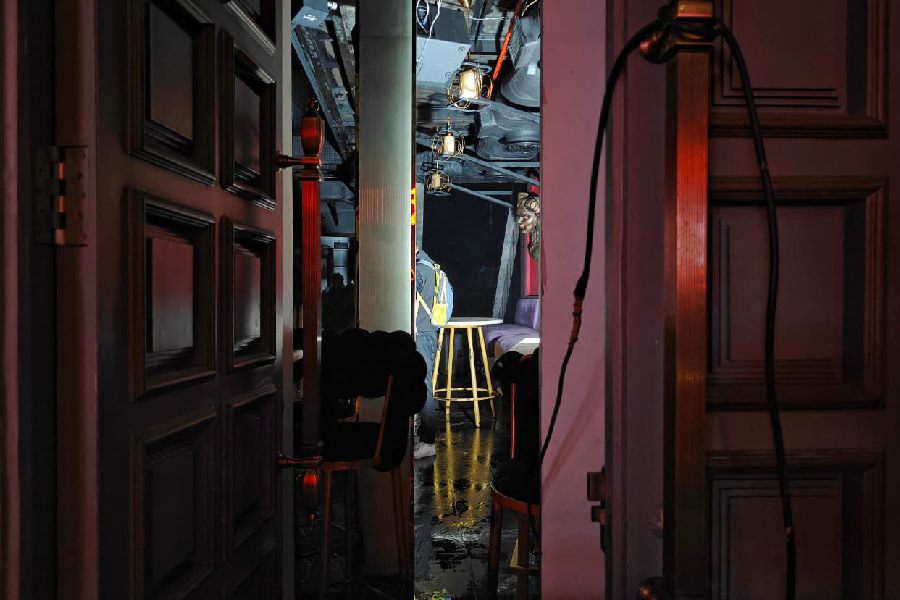India is unlikely to experience a second nationwide wave of the novel coronavirus epidemic but remains vulnerable to localised outbreaks such as in Maharashtra where average daily counts of new cases have more than doubled over the past week, experts have said.
Maharashtra’s seven-day average daily new cases increased from 2,395 on February 11 to 5,427 on February 18, contributing to the rise in India’s daily cases from 11,095 to 11,827 over the past week, according to Friday’s data from the Union health ministry.
But public health experts say the epidemic’s growth in Maharashtra would have a limited impact on the nationwide epidemic curve. For a second nationwide wave to emerge, the experts say, multiple states with large populations would need to experience simultaneous surges as they did last year.
Maharashtra is India’s second most populous state after Uttar Pradesh, but in seven of the top 10 populated states, the epidemic has continued to shrink over the past week. In Uttar Pradesh, for instance, daily new cases fell from 135 on February 11 to 80 on February 18.
Bihar, Bengal, Tamil Nadu, Rajasthan and Karnataka have recorded declines in their daily cases over the past week. Among the top 10 populated states, the epidemic grew only in Maharashtra, Gujarat (255 to 263) and Madhya Pradesh (168 to 215).
“I would consider a second nationwide wave extremely unlikely — a significant fraction of our population is already infected and therefore protected,” said Sanjay Rai, professor of community medicine at the All India Institute of Medical Sciences, New Delhi.
A nationwide survey by the Indian Council of Medical Research has indicated that around 25 per cent, or one in four people across the country, have already been infected by the coronavirus. Surveys within cities such as Delhi, Pune and Mumbai have pointed to pockets of over 50 per cent infection prevalence.
“The vaccination campaign will increase the number of people protected,” Rai said.
The health ministry said on Friday that over 7 million (70 per cent) of India’s around 10 million healthcare workers have already received the first doses of Covid-19 vaccines. Over 750,000 have received their second doses.
Experts believe localised outbreaks — within cities, districts or states — of the type that Maharashtra is currently experiencing will continue to occur wherever people are susceptible and where the virus gets opportunities to spread person-to-person.
“What we’re seeing in Maharashtra likely reflects the reality that Covid-19 is heading towards becoming an endemic disease,” said Oommen John, a physician and senior research fellow at The George Institute for Global Health, New Delhi.
An endemic infection is one marked by a steady trickle of cases through the year, and occasional localised clusters, mainly driven by superspreader events where the virus gets opportunities to infect multiple people who spread it to others.
Efforts to curb the growth of such clusters need to focus on early detection and containment.
“If we don’t have optimal testing — for whatever reasons — we will not pick up the local outbreaks until they overwhelm the health delivery capacity,” John said. “We won’t really know what is happening on the ground unless we comprehensively test, document circulating coronavirus variants, and analyse how or whether variants might be influencing patterns of infection and disease.”











